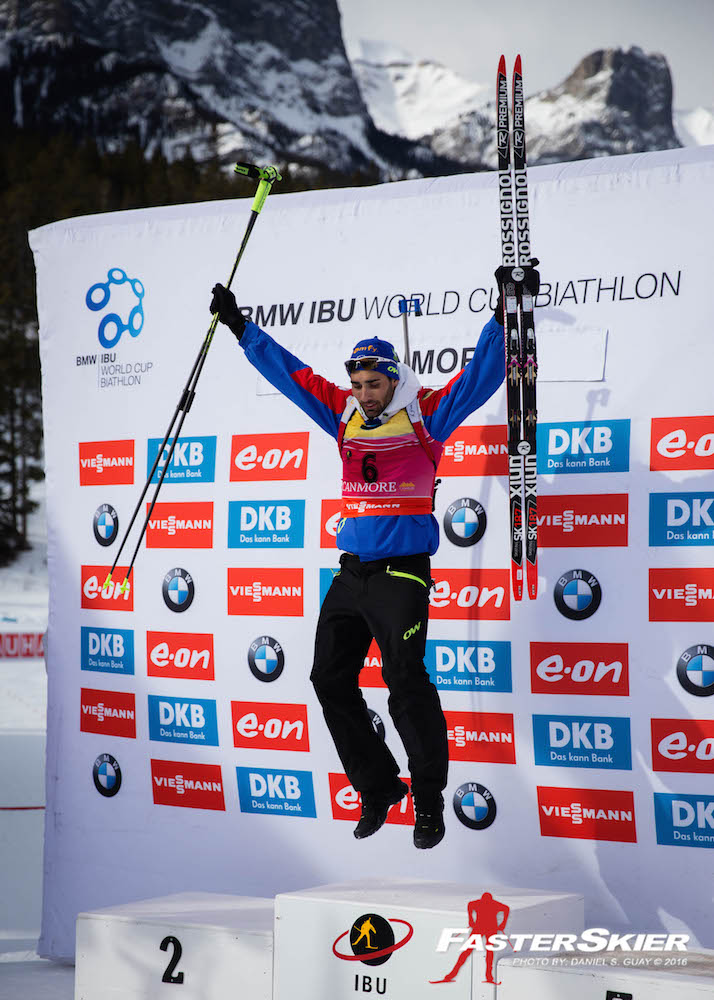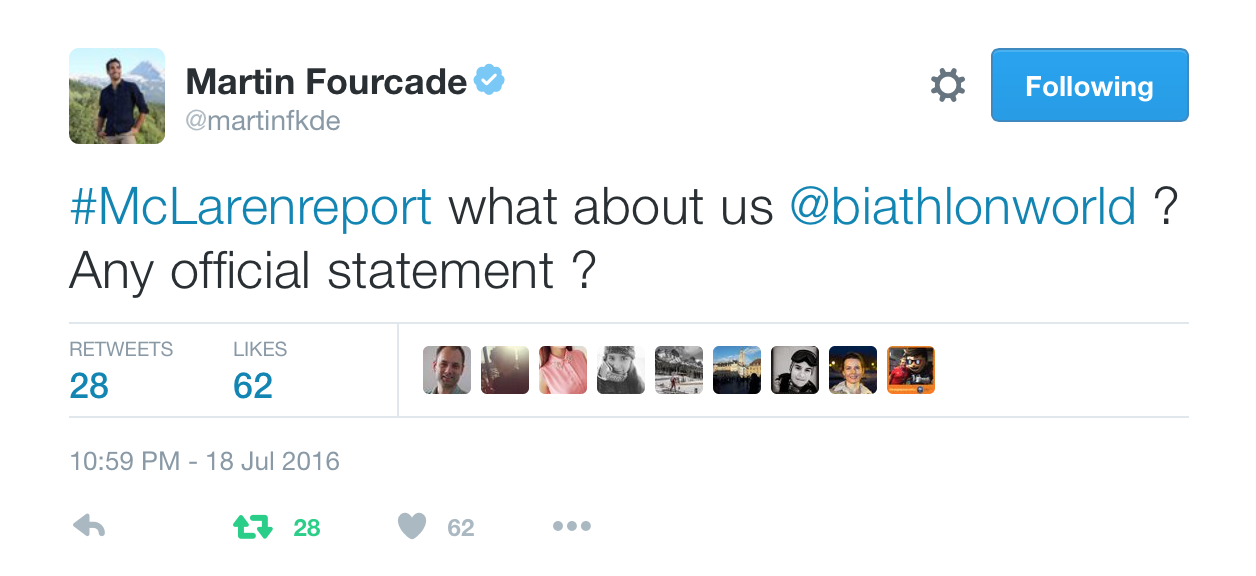
Following the landmark McLaren Report, issued at a press conference in Toronto on Monday, the international sports world has proceeded with investigations of whether and how to ban Russia outright from the 2016 Olympics. The Games begin in Rio de Janeiro, Brazil, on August 5.
Planned major sports events in Russia in the upcoming year may also be canceled, and individual athletes and Russian sports teams implicated in the report are likely to face sanctions.
The report, commissioned by the World Anti-Doping Agency (WADA) and carried out by Canadian lawyer Richard McLaren, stated that 643 positive drug tests by athletes in 30 different summer and winter Olympic sports had been “disappeared” by the Moscow anti-doping laboratory between 2011 and 2015.
It also detailed the complicity of various members of the Ministry of Sport in the scheme, as well as anti-doping laboratory staff, the Center of Sports Preparation of the National Teams of Russia, and the state security service, FSB.
In an Executive Board meeting after the report was filed, WADA called on the International Olympic Committee (IOC) to suspend Russia from the Rio de Janeiro Olympics. Such a move would be unprecedented.
The IOC Executive Board responded today, calling for several steps to further the investigation and suspend those athletes who may have escaped their initial positive tests.
For instance, the IOC asked for McLaren to send the names of all the athletes whose samples had been disappeared to the relevant international federations. That would include the International Ski Federation (FIS), since 13 skiers were among the group, and the International Biathlon Union (IBU), which saw 10 athletes implicated.
The report itself did not name any of the athletes, but speculation has abounded since May when the New York Times published a piece based on whistleblower testimony. That investigation implicated 14 cross-country skiers for cheating at the 2014 Olympics alone, including gold medalist Alexander Legkov.
The IOC also asked that affected federations also sanction their Russian teams. This could involve monetary fines, as have previously been levied against the Russian Biathlon Union by the IBU and against the Russian Ski Federation by FIS.
It could also potentially involve an exclusion of all Russian athletes and teams from international competition, as was mandated by the International Association of Athletics Federations for track and field athletes after the doping scandal initially broke.
Neither FIS nor the IBU has made official statements at this time, although not for lack of interest from athletes as well as media.
For example, the International Biathlon Union was questioned over Twitter by none other than its current champion, Martin Fourcade of France.
“Yes I know, and one maybe has the right/obligation to know more about it,” Fourcade responded (shown above) to a fan who pointed to the McLaren report’s figure showing 10 positive tests “disappeared” in biathlon.
The U.S. Ski and Snowboard Association has responded and added its voice to calls for further investigation.
“Doping is a threat to sport,” USSA CEO Tiger Shaw said in a press release. “The U.S. Ski and Snowboard Association supports all who stand for the rights of clean athletes. The USSA will rely on the International Olympic Committee and the International Ski Federation to act decisively to issue appropriate sanctions and improve international anti-doping efforts. We owe our athletes a fair and even playing field.”
The IOC also had other recommendations for responding to the crisis. The organization formed a Disciplinary Committee to exclude any Russian sports officials named in the report from Olympic events. It is also exploring the legality of banning Russia outright from the Olympics.
More relevant for winter sports, the IOC has initiated re-analysis of samples of all Russian athletes from the 2014 Olympics. If any show up positive, this could lead to retroactive suspensions and a reshuffling of the results sheets.
The IOC also has suspended its approval for any events held in Russia, and urged international federations to also relocate any major international competitions scheduled there.
“Because of the detailed references to the manipulation of samples during the Olympic Winter Games Sochi 2014 the IOC asks all International Olympic Winter Sports Federations to freeze their preparations for major events in Russia, such as World Championships, World Cups or other major international competitions under their responsibility, and to actively look for alternative organisers,” the organization wrote.
That provision will be revisited in December, leaving the cross-country ski and biathlon World Cups potentially unaffected. If this bar extended, however, February’s IBU Youth and Junior World Championships in Ostrov, Russia, could be moved. So could the debut of Russia’s new World Cup venue in Tyumen, where both cross-country skiing and biathlon are scheduled to compete in March.
Chelsea Little
Chelsea Little is FasterSkier's Editor-At-Large. A former racer at Ford Sayre, Dartmouth College and the Craftsbury Green Racing Project, she is a PhD candidate in aquatic ecology in the @Altermatt_lab at Eawag, the Swiss Federal Institute of Aquatic Science and Technology in Zurich, Switzerland. You can follow her on twitter @ChelskiLittle.





